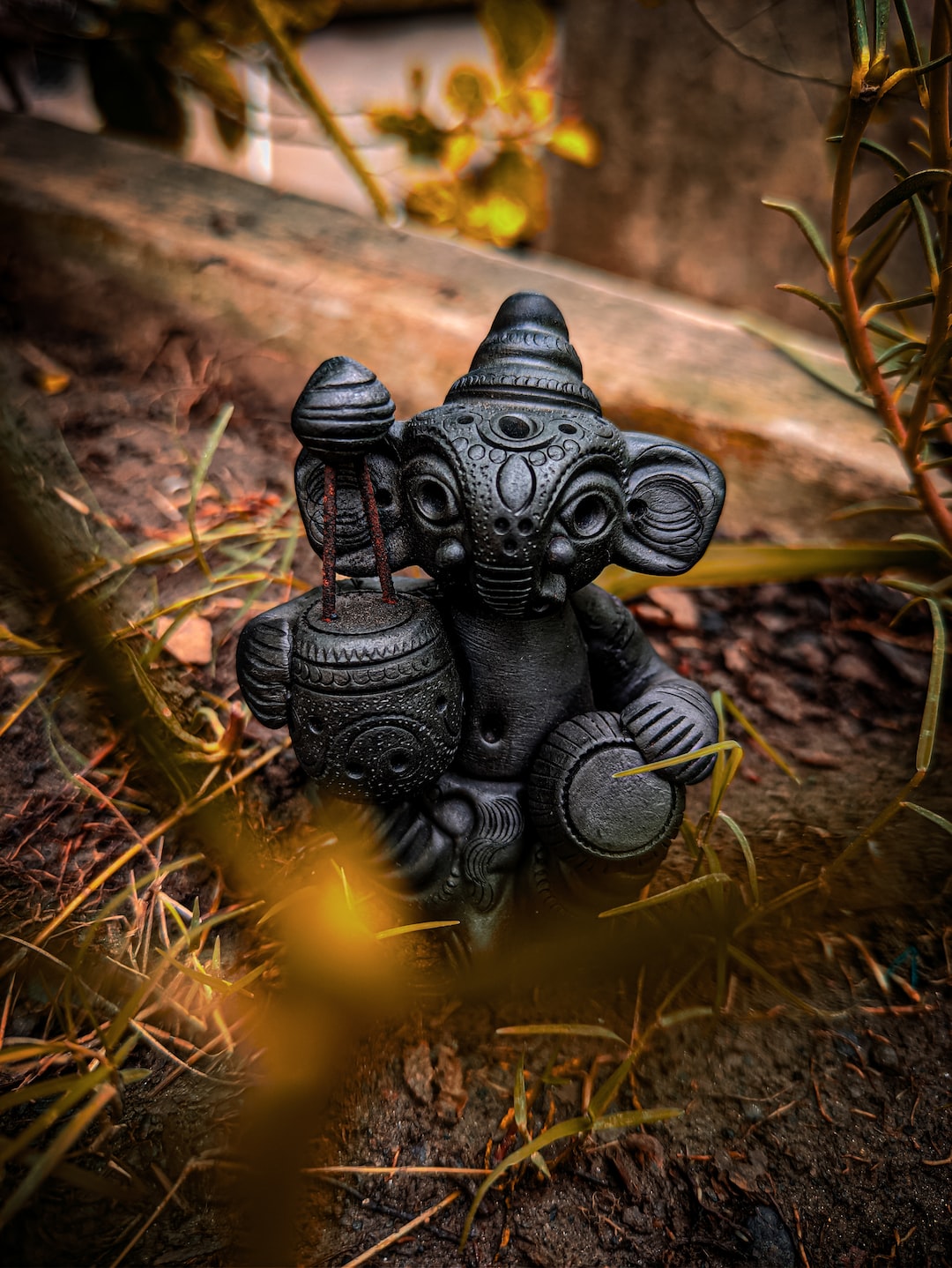Analyzing the Concept of Heaven and Hell in Different Religions
Throughout human history, religion has played a crucial role in shaping belief systems and guiding people’s moral values. One of the most intriguing aspects of various faiths is the concept of an afterlife, which often includes the notions of heaven and hell. Let us embark on a journey to explore how different religions view and interpret these realms of existence.
Christianity, the world’s largest religion, believes in the existence of both heaven and hell. In Christianity, heaven is often portrayed as a place of eternal bliss, where the righteous souls are rewarded with everlasting joy in the presence of God. It is described as a realm filled with peace, love, and perfect harmony. This concept is derived from biblical passages, such as the book of Revelation and Jesus’ teachings in the New Testament. Christians believe that those who have lived a virtuous life, devoutly followed the teachings of Christ, and accepted Him as their savior will be granted eternal life in heaven.
Conversely, Christianity also teaches about hell, a place of eternal punishment reserved for those who have committed grave sins or rejected God’s grace. Hell is depicted as a realm of suffering, fiery torment, and separation from God. The purpose of hell, as understood in Christianity, is not just to inflict pain but to emphasize the consequences of one’s immoral choices. Some denominations of Christianity, such as Catholicism, also recognize the existence of purgatory, a temporary state where souls undergo purification before entering heaven.
Moving on to Islam, the Muslim faith shares several similarities with Christianity regarding the concept of heaven and hell. In Islam, heaven is referred to as Jannah and is depicted as an expansive and beautiful paradise. Muslims believe that paradise is a reward for those who have fulfilled their religious duties, followed the teachings of the Prophet Muhammad, and lived righteous lives. Jannah is described as a place of luxurious gardens, running rivers, and the company of loved ones. Muslims believe that eternal satisfaction and happiness await the faithful within the embrace of Jannah.
On the contrary, Islam also believes in Jahannam, a place of torment and punishment for the wicked souls. Jahannam is often portrayed as a fiery abyss, reserved for those who have rejected the teachings of Islam and committed severe sins. The purpose of Jahannam, like in Christianity, is to serve as a deterrent and remind individuals of the dire consequences of their immoral actions.
In Hinduism, the concept of an afterlife is more complex and diverse. Hindu scriptures teach about Moksha, a state of liberation from the cycle of birth and death. However, the existence of heaven and hell is not central to Hindu beliefs. According to Hinduism, one’s actions, known as karma, determine the soul’s future destiny. Depending on one’s karma, the soul can be reborn in various realms such as heaven (Swarga) or hell (Naraka) or continue the cycle of life and death. These realms are not eternal but serve as temporary dwellings where souls experience the consequences of their past actions before being reincarnated.
Buddhism, often considered more of a philosophy than a religion, also has a different interpretation of heaven and hell. In Buddhism, heaven is seen as a more desirable state, known as Deva realms. However, Buddhists do not view heaven as a permanent dwelling place. They believe that even the heavenly realms are subject to impermanence and that souls will eventually be reborn elsewhere. Similarly, Buddhism sees hell as a state of suffering caused by one’s negative actions. It is regarded as a temporary realm where beings are subjected to various pain and torment but can potentially learn and progress towards enlightenment.
Analyzing the concept of heaven and hell in different religions allows us to appreciate the diverse ways in which humanity seeks to understand and explain the mysteries of the afterlife. Whether through eternal reward and punishment, temporary purgatories, or transient realms, these ideas shape the moral fabric of societies and provide individuals with a sense of hope, justice, and accountability. Regardless of our personal beliefs, exploring these diverse perspectives can foster dialogue, empathy, and a deeper understanding of the human experience.

